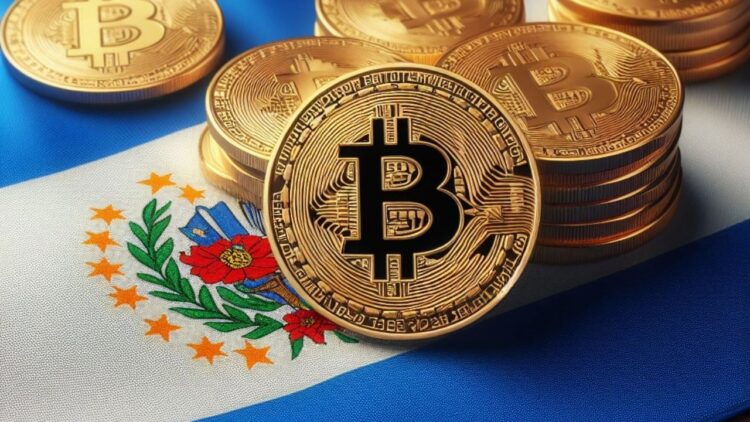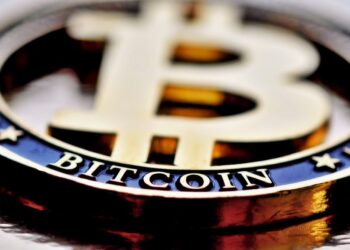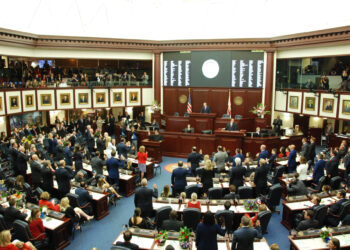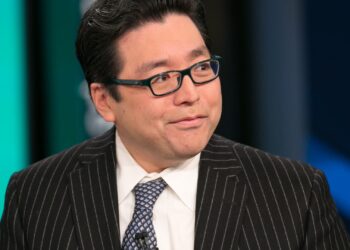Quick Breakdown:
- El Salvador marked “Bitcoin Day” by acquiring 21 more BTC for its national treasury, commemorating four years since Bitcoin became legal tender.
- This purchase raised the nation\’s BTC balance to 6,313.18, valued at over $701M.
- The move underscores President Nayib Bukele’s ongoing strategy, despite IMF constraints and international scrutiny, and places El Salvador at the forefront of national-level crypto adoption.
El Salvador marked the fourth anniversary of its Bitcoin Law by acquiring an additional 21 BTC, bringing the country’s sovereign Bitcoin reserves to a record 6,313.18 BTC, now valued at approximately $701 million. This bold move further cements El Salvador’s role as the world’s leading government-level Bitcoin adopter, despite pressure from international organizations and ongoing market risks.
President Nayib Bukele publicly announced the latest purchase on September 7, declaring that the acquisition symbolizes both Bitcoin’s 21 million fixed supply and El Salvador’s commitment to Bitcoin-centric policies. The transaction, worth about $2.3 million at current prices, continues El Salvador’s strategy of daily accumulation, which reportedly resumed after a brief pause earlier this year.
ALT TEXT: President Nayib Bukele public announcement via X
Implications for Sovereign Finance
With this acquisition, the country’s Bitcoin portfolio now shows an unrealized profit of over 127 per cent since initial adoption began in 2021, when the first major government purchase was executed. Data transparency measures include distributing reserves across separate wallets for increased security, a move officials say addresses concerns about quantum computing threats.
The rising value of El Salvador’s reserves follows Bitcoin’s significant price rally. Previous estimates placed the national stash at $300 million invested, now valued over $700 million, yielding over $400 million in not-yet-realized profit. Despite this, the International Monetary Fund has admonished the government to suspend further public sector Bitcoin accumulation as a condition for ongoing loan negotiations, resulting in legislative tweaks to make Bitcoin acceptance voluntary for businesses.
Broader Economic and Regulatory Impact
El Salvador remains a global test case for the integration of cryptocurrency into national fiscal policy. In addition to portfolio gains, the state has integrated Bitcoin into education and economic infrastructure, hosting upcoming educational conferences and rolling out Bitcoin lessons to schoolchildren. The country’s strategy continues to split international opinion, balancing potential economic diversification against ongoing scrutiny from the IMF and other global bodies.
Notably, the Central Bank of Bolivia recently partnered with El Salvador to boost cryptocurrency adoption within its borders, marking a significant shift in its financial policy.
If you would like to read more articles like this, visit DeFi Planet and follow us on Twitter, LinkedIn, Facebook, Instagram, and CoinMarketCap Community.
Take control of your crypto portfolio with MARKETS PRO, DeFi Planet’s suite of analytics tools.”





















